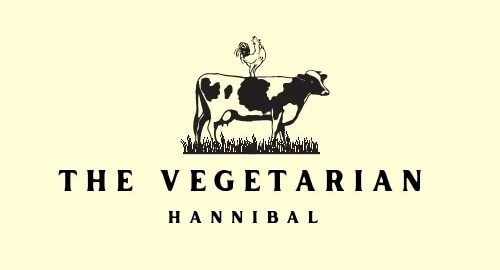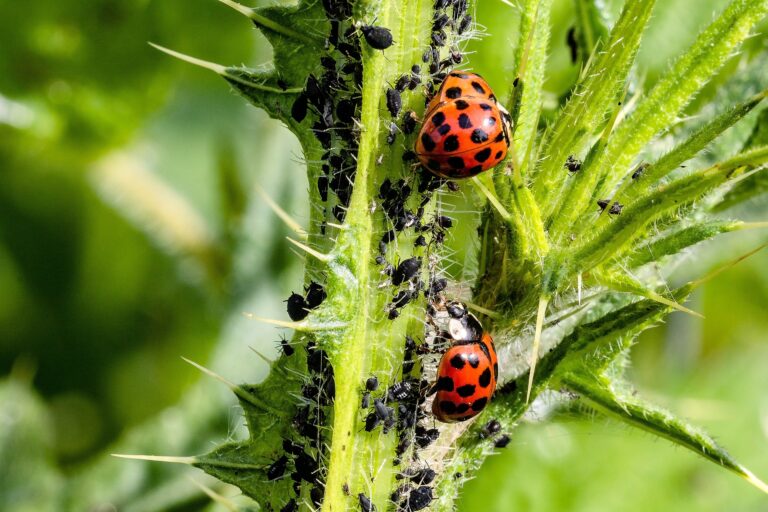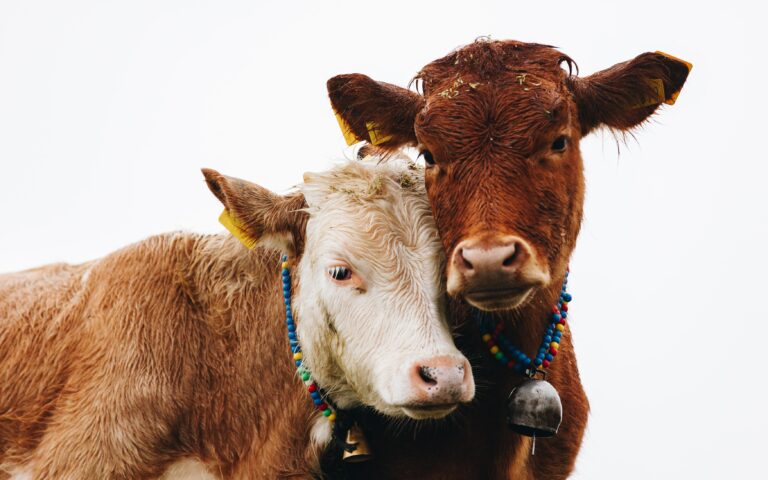Are humans supposed to eat meat?
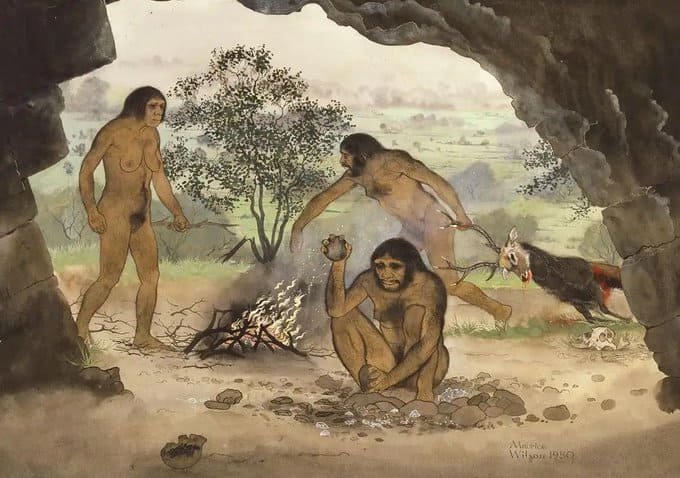
Humans are capable of eating meat, and have been doing so for thousands of years. However, whether humans are “supposed” to eat meat is a matter of debate and depends on a number of factors.
Are humans supposed to eat meat?
From a biological standpoint, humans are classified as omnivores, meaning they have the ability to consume both plant and animal-based foods. However, unlike obligate carnivores like cats, humans can thrive on a plant-based diet, as evidenced by the millions of vegans and vegetarians around the world.
From an evolutionary standpoint, early humans likely consumed a diet that consisted mostly of plant-based foods, with occasional consumption of meat. As humans evolved and developed agriculture, meat consumption increased. However, it’s worth noting that the meat consumed by early humans was very different from the processed and factory-farmed meat that is commonly consumed today.
From a health perspective, some research suggests that excessive meat consumption can contribute to a range of health issues, including heart disease, cancer, and type 2 diabetes. However, high-quality, lean sources of meat can provide important nutrients such as protein, iron, and vitamin B12 that can be challenging to obtain from a vegan diet.
Ultimately, the decision to consume meat is a personal one that depends on a range of factors, including cultural, ethical, and health considerations.
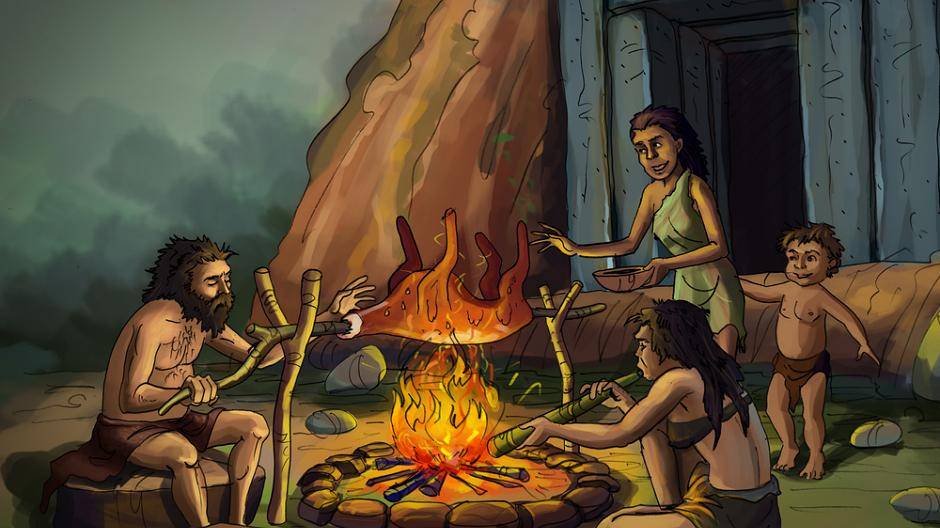
When did humans start to eat meat?
The consumption of meat by humans dates back to prehistoric times. Archaeological evidence suggests that early humans began hunting and consuming meat as early as 2.6 million years ago.
For example, in Africa, early hominids such as Australopithecus are believed to have consumed a diet that consisted mostly of plants, but also included some meat. As early humans evolved and developed more advanced hunting techniques, their consumption of meat increased.
The discovery and mastery of fire also played an important role in the evolution of human diets. The use of fire allowed early humans to cook meat, making it easier to digest and providing more energy and nutrients.
It’s worth noting, however, that the amount and frequency of meat consumption varied depending on factors such as location, climate, and availability of food sources. Additionally, meat consumption in prehistoric times was likely much different than today, with a greater emphasis on wild game and much less consumption of processed or factory-farmed meat.
You might also like:
